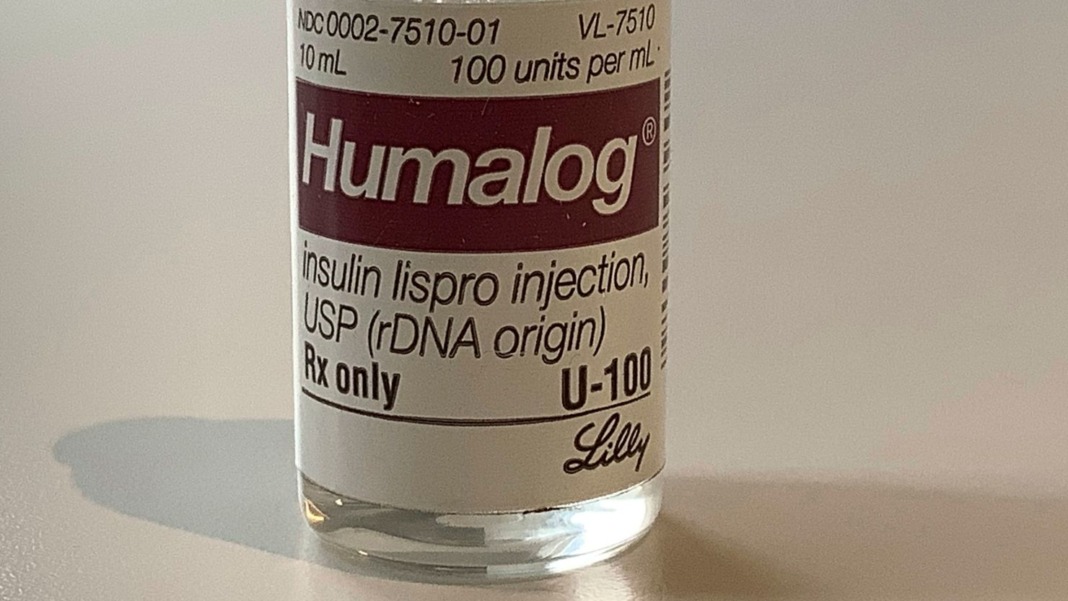In a recent announcement, pharmaceutical giant Eli Lilly disclosed a temporary shortage in two of its insulin formulations, Humalog and insulin lispro injection, due to a “brief delay in manufacturing.” The company revealed that the 10-milliliter vials of these crucial medications would be in short supply at wholesalers and certain pharmacies until the beginning of April.
With over 8 million individuals in the United States depending on insulin for their survival, the news of the shortage has sparked concerns among patients and advocates. Laura Marston, an advocate for lower insulin prices who herself has type 1 diabetes and relies on Humalog, expressed her apprehension over the potential impact on her treatment regimen. Marston highlighted the challenges patients face in switching between different brands or delivery methods of insulin, emphasizing the complexities associated with insurance coverage and prior authorization procedures.
Eli Lilly responded to the concerns, stating that they are working urgently to address the supply challenge and advising patients facing difficulties in accessing their prescriptions to consult their healthcare providers for alternative treatment options. The company assured patients that prefilled pen versions of the affected medicines are still available in the US.
Evan Seigerman, a stock analyst with financial firm BMO Capital Markets, noted that more than 6 million units of insulin lispro injection were sold in the past three months, with the vials comprising slightly over half of the total sales. He suggested that patients may need to utilize the prefilled pens during the shortage period.
Dr. Jeff Jonas, a veteran drug industry executive and parent of a child with type 1 diabetes, expressed concerns over the unpredictability of insulin supply, emphasizing the potential life-threatening consequences of shortages. While acknowledging the efforts of companies like Eli Lilly in reducing insulin prices and implementing affordability programs, Jonas emphasized the importance of balancing affordability with ensuring a sustainable supply of the medication.
Insulin shortages have become an increasingly concerning issue in the United States, particularly for older medicines like insulin that are complex to manufacture. While Eli Lilly and other insulin manufacturers have taken steps to reduce prices and increase accessibility through affordability programs, challenges remain in maintaining a consistent supply of this life-saving medication.
As the pharmaceutical industry navigates these challenges, patients like Laura Marston and families like Dr. Jeff Jonas’s continue to advocate for solutions that prioritize both affordability and reliable access to essential medications for those living with diabetes.
Despite efforts to mitigate the impact of the shortage, concerns linger about the potential consequences for patients who rely on specific formulations of insulin. Marston shared her worries about potential health risks associated with switching between insulin brands and delivery methods, noting that alternative options may not be as effective for her. She highlighted the complexities of insurance coverage and prior authorization requirements, which could further exacerbate challenges for patients seeking uninterrupted access to their medications.
Eli Lilly’s assurance that they are working urgently to address the supply challenge offers some reassurance to patients and healthcare providers. However, the temporary shortage underscores broader issues within the pharmaceutical industry, including the complexities of manufacturing essential medications and the need for sustainable supply chains.
The impact of the shortage extends beyond individual patients to healthcare systems and policymakers grappling with the broader implications of disruptions in insulin supply. Dr. Jeff Jonas emphasized the need for a balanced approach that considers both affordability and supply chain stability, highlighting the delicate balance between incentivizing innovation and ensuring access to life-saving medications.
As the temporary shortage of insulin vials persists, stakeholders across the healthcare spectrum will continue to monitor the situation closely, advocating for solutions that prioritize patient well-being and long-term access to essential medications. In the face of uncertainty, the resilience and advocacy of patients like Laura Marston serve as a reminder of the importance of addressing systemic challenges in healthcare delivery and access.



